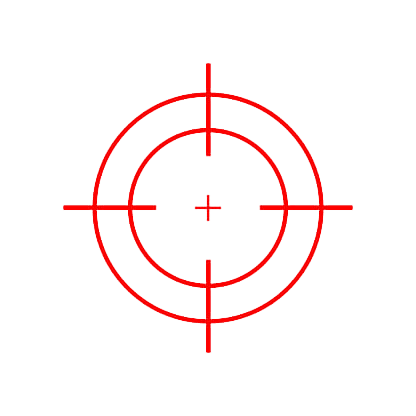
Crucial concealed carry abilities every accountable firearm owner must acquire

Carrying a concealed weapon (CCW) is a significant responsibility that requires a special set of skills, knowledge and judgment abilities. Becoming proficient in these skills can mean the difference between effectively defending yourself and your loved ones or facing dire consequences. Whether you’re a seasoned CCW holder or a newbie considering your first firearms class, there are certain skills you should hone and regularly practice to ensure you’re prepared for any self-defense situation. In this article, we’ll cover the most critical concealed carry skills that every responsible gun owner should practice and perfect.
Here are the crucial concealed carry abilities every accountable firearm owner must acquire.
Gun Safety
The foundation of CCW skills is safe and effective gun handling. Make sure you’re familiar with and follow the basic rules of firearm safety, including:
- Keep your firearm pointed in a safe direction.
- Keep your finger off the trigger until you are ready to fire.
- Treat every firearm as if it’s loaded
- Practice safe handling and how to clear malfunctions and jams
Shooting Fundamentals
Proper shooting techniques are essential for effective shooting, especially in high-stress situations. To improve your shooting skills, practice your grip, stance, sighting, and trigger control at various distances and scenarios. This will make you more versatile and better prepared for real-life situations.
Situational Awareness
Situational awareness is a vital aspect of any solid self-defense plan, especially for CCW holders. By actively scanning your environment and identifying potential threats, you’ll be better equipped to stay safe. To develop this skill, make a conscious effort to be more aware of your surroundings and potential danger signs.
Draw & Presentation
Quickly and efficiently drawing your firearm from its concealed location can make all the difference in a self-defense situation. To develop this skill, practice drawing from different positions and focus on a smooth, consistent draw that you can execute under stress.
Verbal Commands & De-Escalation
In some cases, effectively issuing verbal commands or using de-escalation techniques can prevent the need for deadly force. To practice this skill, work on your communication skills and speak clearly and calmly. Develop a plan that incorporates specific de-escalation phrases or negotiation tactics to use in various circumstances.
Shooting Under Stress
In a real-life self-defense situation, you won’t be shooting in a controlled environment like a range. To prepare for this, create a training plan that incorporates different stressors and focuses on timing, shooting from non-traditional positions, and shooting while moving.
Consistent training will help develop muscle memory and improve your ability to perform under pressure.
Contact Form
Send a message with any questions about my services.
We are here in Central Florida
Send us an email
[email protected]